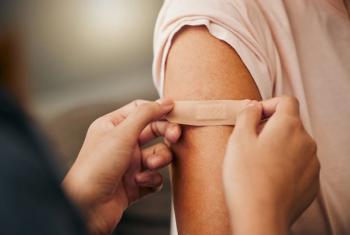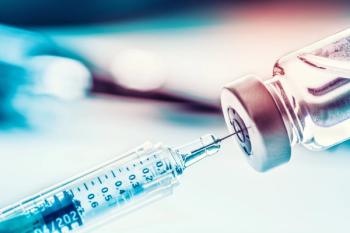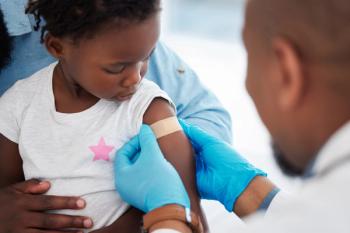
Differences in Response to Vaccines in Children Compared to Adults
Drs William J. Muller and Paul A. Offit discuss differences in response to vaccines in children compared to adults.
Episodes in this series

William J. Muller, MD, PhD: One of the questions that we were asked to maybe consider, is whether there are any differences? Would we expect to see any differences in the response to vaccination in children compared to adults? And if there are some differences in the actual vaccines in terms of the dosing that’s given, but I can’t think of any reason to think that there would be a difference in response. Is there anything that you have told parents about, what they should expect when their child is vaccinated vs when they got their vaccination?
Paul A. Offit, MD: Well, it’s another technology, the messenger RNA technologies and other technologies, so we don’t have any experience with any other kinds of vaccines using that technology. But the good news is we sort of work our way down. We started with, in the case of Pfizer vaccine, those older than 16 years of age, so you had those data, and with a Moderna vaccine, older than 18 years of age. And then, we worked our way down to for Pfizer for the 12- to 15-year-olds, and Pfizer for the 5- to 11-year-olds. And now, you have really more than a billion doses that had been distributed. Thus, you have an enormous amount of information about efficacy and safety as we work our way down to the younger child. But there’s no reason to expect that the way this vaccine works, which is, the messenger RNA is delivered to cells, it then enters the cytoplasm, enters the system, the ribosomal system, where then that gene, the messenger RNA is translated to a protein, which then stimulates the immune system, there’s no reason to think that would be any different. And you’re seeing as you move down in age, you still continue to see so occasionally the lymphadenopathy, meaning the swelling in the lymph nodes under the arm where the vaccine was inoculated, showing that you got a very vigorous immune response. Thus, I don’t think there’s any reason to suspect immunologically, it would be any different.
William J. Muller, MD, PhD: That’s what I’ve been telling parents as well. We’ve been a site for the Moderna vaccine trial here, and from what we can tell, there really aren’t significant differences in any of the adverse effects that children experience vs what adults experience. And although we don’t have any information about which vaccine or whether our children have gotten the vaccine or placebo yet, I think as we start to get that information on the population level, and we see protection is about the same as it is in adults, there’s really no reason to suspect any differences.
Transcript Edited for Clarity
Newsletter
Access practical, evidence-based guidance to support better care for our youngest patients. Join our email list for the latest clinical updates.












